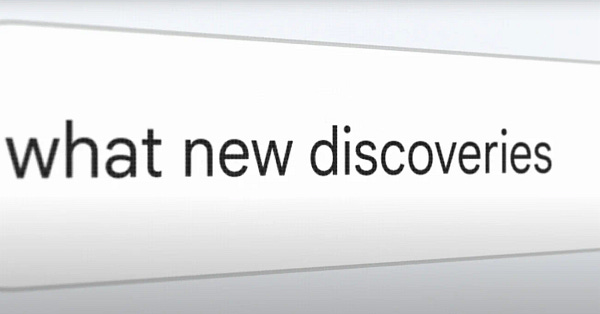BARD: Google's version of ChatGPT unveiled
Google and Microsoft set to battle for 'Search' (and AI) supremacy (again)
Evening all,
A quick news blast from Schick HQ tonight, as the tectonic plates are shifting. As predicted, 2023 is already being defined by the Tech Titans battling it out to gain Generative AI supremacy.
And in this round — it’s Google vs Microsoft. I’ve already covered Google’s recent manoeuvring: they’ve heavily signalled for us to ‘WATCH THIS SPACE.’ Well, we’re watching.
First, the news (only three days ago) that Google is investing $300 million into Anthropic to build a ChatGPT competitor.

Then today, Google CEO Sundar Pichai announced that Google’s version of ChatGPT - BARD - is open for testing and will be unveiled as a function of search 'soon.’ BARD is built on LaMDA, one of Google's large language models (LLM), similar to the GPT series (upon which Chat GPT is built), developed by Open AI.


It’s been a bitter few months for Google, sitting on the sidelines and watching Microsoft and OpenAI covering themselves in Generative AI glory. The historic success of ChatGPT must have added insult to injury. Google is a pioneer in LLMs. If only they had dared to be bolder — they could have been the architects of a ChatGPT-like application. Of course, they weren’t.
They probably decided it was too risky to reveal LaMDA to the broader public. You may recall the fuss last summer when a Google engineer was fired for arguing that LaMDA was sentient. Thus far, Google’s research into the world of LLMs has been kind of hush-hush, mysterious, and very academic.
Leave it to Open AI to blow off the doors with ChatGPT — which, in my view, was released in such an open and interactive manner, partly due to the immense reaction to the release of Stable Diffusion.
Just as Open AI was caught off guard when Stability AI released Stable Diffusion (despite sitting on DALLE), Google was caught off guard by Open AI’s release of Chat GPT. Ironically, in both cases, the company that developed the capabilities first was most guarded about releasing it. The open release of Stable Diffusion marked a turning point.
The rest is history. Chat GPT is now the most popular application of all time. Everyone from college students to real estate agents to Twitter lifestyle gurus (who use ChatGPT to write a ten-tweet trend about 10x your business with Chat GPT) use ChatGPT.
There is no going back. The LLM genie is out of its bottle, and Google wants a piece of the magic. Generative AI is officially priority number one for two tech monoliths. And, in perhaps a truly poetic repeat of history — the race to win 'search' is back on again.
Get ready for Round Two of Google Search vs Microsoft’s Bing. More importantly, stay tuned for this truly epic battle unfolding for AI supremacy.
See you on Friday,
Nina
Postscript: Just minutes after Google announced BARD, Microsoft and Open AI announced they’ll be holding a ‘special event,’ on ChatGPT on February 7th.





Anyone remember parsey mcparseface api?